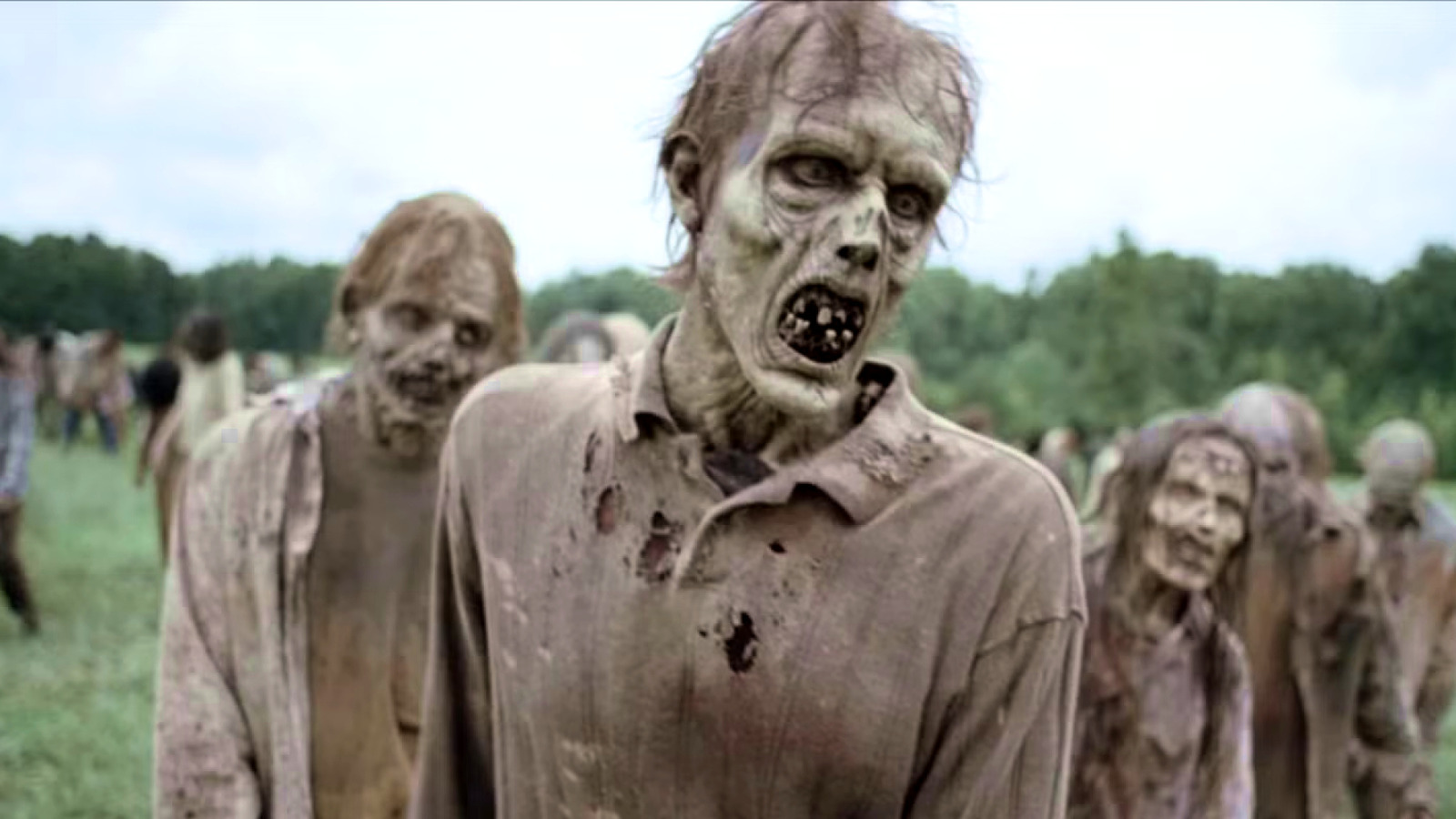The Science Behind Zombies: Why Undead Creatures Are Impossible











2025-04-29T03:00:00Z

The short and sweet answer to the question of whether undead zombies can exist is a definitive no. This insight comes from Dr. John Neary, an associate professor of internal medicine at McMaster University, who spoke with the National Post. He emphasized that the human brain relies on a steady and uninterrupted flow of blood rich in glucose and oxygen to function properly. In a scenario where a zombie's organs have either decayed or been destroyed, the brain would also cease to operate, making it impossible for these fictional creatures to exist as we see them in popular culture.
Furthermore, let's consider the iconic 'walkers' from shows like The Walking Dead. While these ghoulish figures are terrifying in their pursuit of the living, the likelihood of a reanimated corpse moving around is scientifically implausible. To delve deeper into the mechanics of decomposition and the realities of bodily decay, LiveScience consulted with Melissa Unfred, a mortician based in Texas. Unfred provided a detailed account of how bodies undergo decomposition, debunking the myth of the mobile undead.
Unfred explained that while the zombies depicted in mainstream media often mimic authentic stages of decay, those who have become completely desiccated would lose the ability to move entirely. This is due to the breakdown of muscles, tendons, and the skin that typically holds everything together. As she humorously noted, if zombies were to attempt running, they might very well end up losing their legsa scenario that is both absurd and amusing. This raises an interesting point about the portrayal of zombies in media. The iconic 'zombie shuffle' might not just be a stylistic choice; it could indeed stem from the physical limitations that would arise in the event of actual decomposition.
Moreover, Unfred pointed out that despite the relatively common occurrence of corpse bloatinga process that would occur as gases build up within the bodythis aspect is often underrepresented in zombie fiction. The reason behind this artistic choice is clear; audiences might find a bloated zombie less terrifying than the sleek, mobile creatures we are familiar with in horror narratives. After all, one bloated zombie found in a well is more than enough to evoke discomfort!
In conclusion, while the fantasy of zombies has captivated audiences across various media, scientific understanding clearly indicates that such beings cannot exist in reality. The intriguing blend of horror and biology serves to remind us of the fascinating complexities of the human body and the inevitable process of decay.
 Erik Nilsson
Erik Nilsson
Source of the news: /FILM